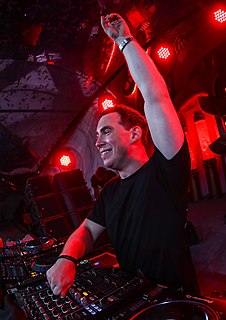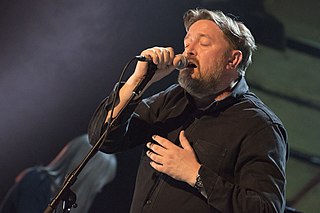A Quote by Lawrence O'Donnell
To expose a first draft to anyone's ears other than your own is indecent.
Related Quotes
All the great masters in the world have been saying only one thing down the centuries, "Have your own mind and have your own individuality. Don't be a part of the crowd; don't be a wheel in the whole mechanism of a vast society. Be individual, on your own. Live life with your own eyes; listen to music with your own ears." But we are not doing anything with our own ears, with our own eyes, with our own minds; everything is being taught, and we are following it.
With Ibrahim al-Koni, what I figured out was - and you'll see this in his novels - if your time is limited, make the unit of the chapters small so that you can finish one a day, at least in the first draft. Once you have the first draft it's living, and you can coax it to grow and trim it and reshape it and so on. But get that first draft. I think if I'd gone to an MFA program and learned that, it would have been money well spent. But translation has been that for me.
Almost all good writing begins with terrible first efforts. You need to start somewhere. Start by getting something-anything-down on paper. A friend of mine says that the first draft is the down draft-you just get it down. The second draft is the up draft-you fix it up. You try to say what you have to say more accurately. And the third draft is the dental draft, where you check every tooth, to see if it's loose or cramped or decayed, or even, God help us, healthy.
I am a technophile, so there is no such thing as a first draft. The first draft plunges on, and about a quarter of the way through it I realise I'm doing things wrong, so I start rewriting it. What you call the first draft becomes rather like a caterpillar; it is progressing fairly slowly, but there is movement up and down its whole length, the whole story is being changed. I call this draft zero, telling myself how the story is supposed to go.
Every first draft sucks, so when you have your favorite novel, and you're like, 'Wow, this is a masterpiece,' and then you write your first draft, and you're like, 'This is really bad,' and then you're like 'I can't do this because this is nowhere close.' When, in reality, the book you loved so much started out just as crappy.































